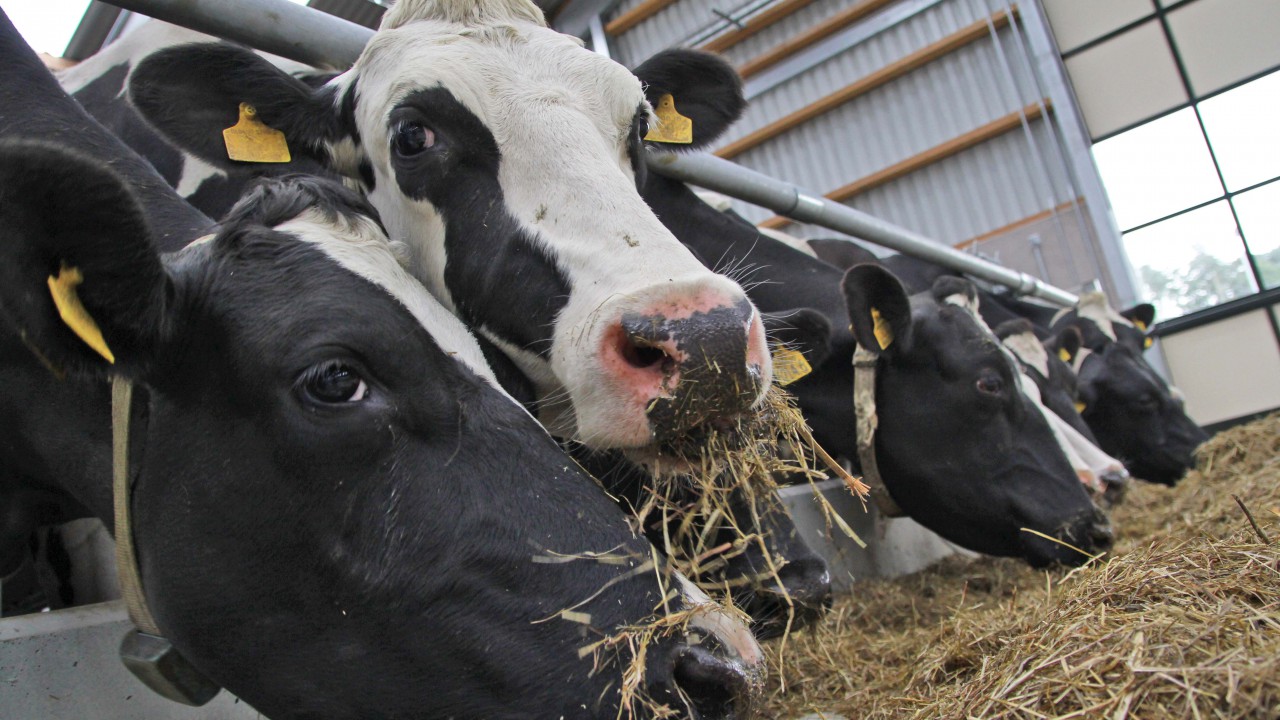There are “great opportunities” for the dairy sector post-Brexit but crippling uncertainty surrounding Brexit is holding the industry back – particularly in regard to investment – NFU dairy board chairman Michael Oakes warned.
Speaking ahead of the Eucolait dairy conference today (May 23) in Edinburgh, Oakes said that the UK Government should work to help the industry increase its processing capacity so that it can make the most of the domestic market.
“The EU is the largest international trading partner for the UK dairy sector,” he said.
Between 2013 and 2017 more than 90% of UK dairy exports were sent to the EU, highlighting the significance of our future relationship.
“Dairy farming, like all businesses, requires long-term planning. But after months of negotiation, we still haven’t got any certainty about our future which is hugely damaging. This means the investment is being put on hold and essential jobs are not being filled.
“We’re still in the dark about what trading environment we will be operating under and whether we will have access to a sufficient workforce to carry out essential roles on our dairy farms, or what the UK’s future domestic agricultural policy will look like.”
Eucolait, the European Association of Dairy Trade, represents the interests of European exporters, importers and wholesalers of dairy products.
Founded in 1959, today the body has over 500 member companies in 16 EU Member States and a number of associate members outside the EU.
Oakes, who will represent UK dairy farmers in a panel discussion later today, explained that there was much potential with the UK to grow its existing dairy market.
“While the UK is a net importer of dairy products, there is demand around the world for the great quality food we are producing here,” he said.
“Our dairy farmers are keen to make the most of this, but we must not be undermined by Government trade policy which ignores our own high environmental, animal welfare and food safety standards, and ultimately fails to recognise the importance of domestic milk production.
Once we have certainty about our future relationship with the EU, we need Government to look at how it can support the growth of the British dairy sector by helping us access key markets and invest in domestic processing capacity to allow the industry to meet demand.
“Meanwhile, we continue to call on both the Government and Parliament to ensure that the extension to our leaving date is used constructively and a solution is found which enables the UK to leave the EU in an orderly way, avoiding the risk of another cliff-edge no-deal situation in October.”

